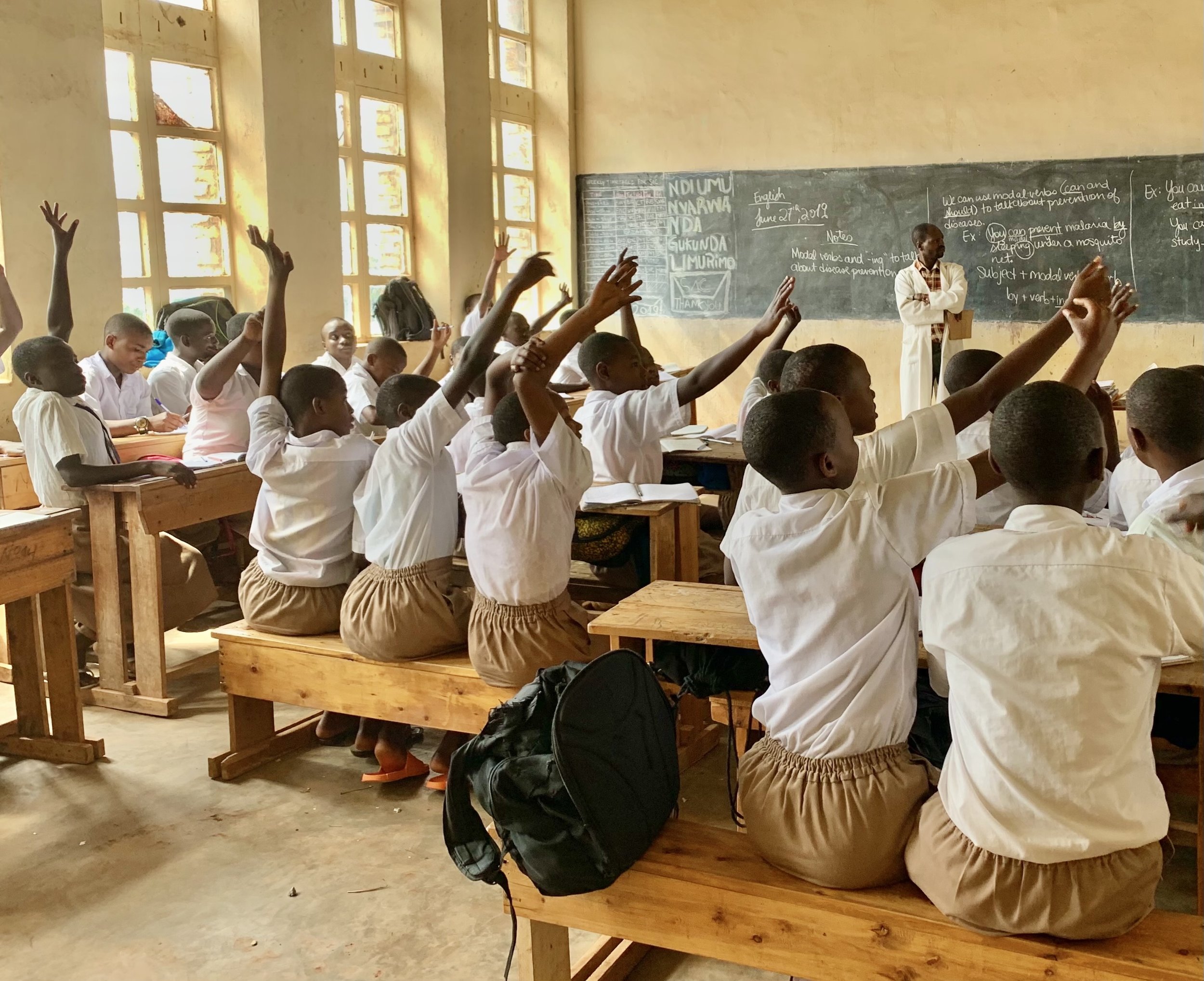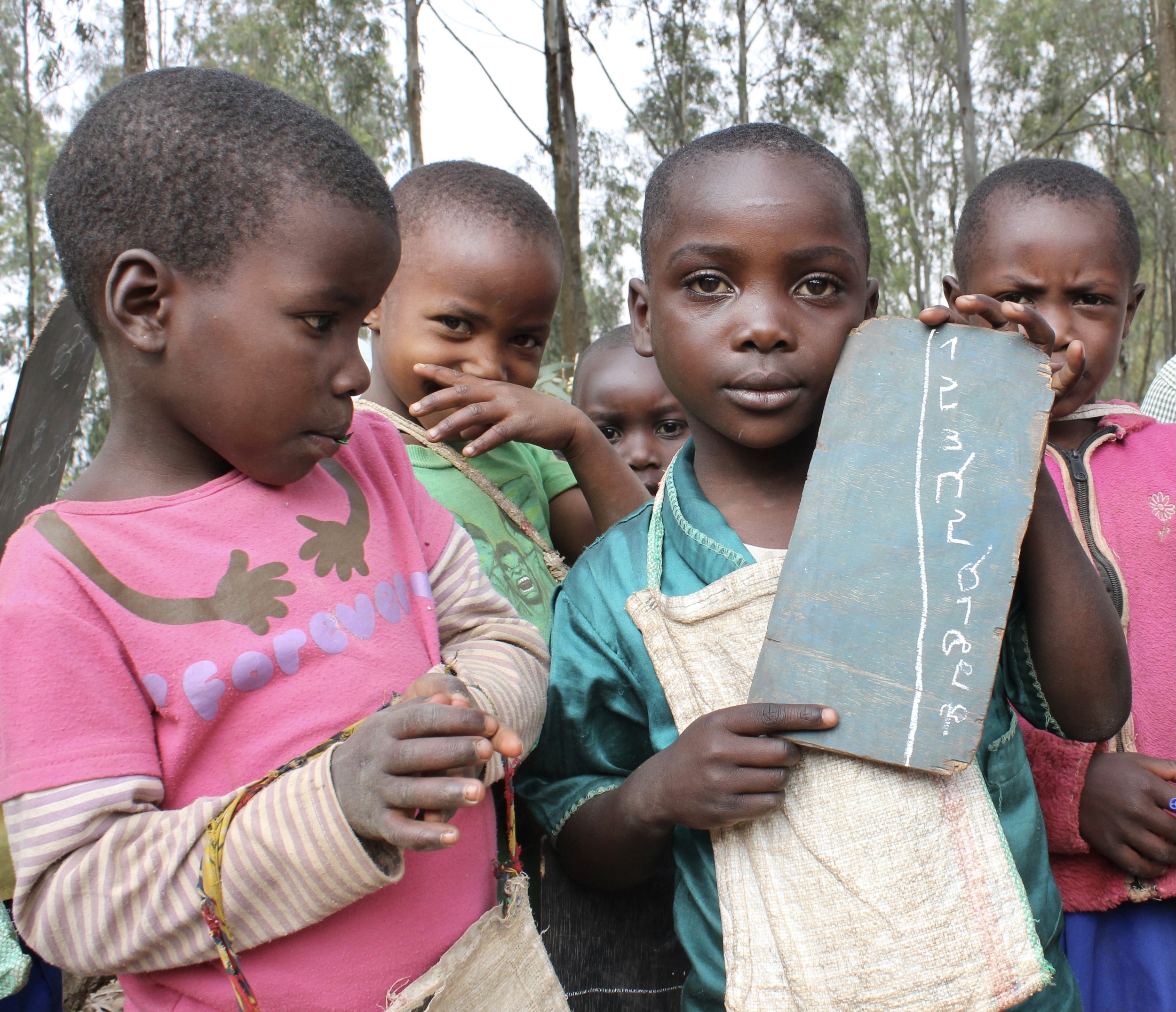
Since the 1994 genocide which tore it apart physically, economically, and socially, tiny landlocked Rwanda has been working to rebuild itself. It has earned a reputation as a very good place to try out international development initiatives. But though its densely-packed capital city, Kigali, is modernizing, the rest of Rwanda changes much more slowly.
83% of Rwandans live in rural areas, from the northern hills to the eastern savannah.
Most adults are still subsistence farmers, cultivating plots of an acre or less. Most still struggle with sanitation, clean water, and nutrition— problems which the covid pandemic, global inflation, a chronic lack of cash income, and climate change have exacerbated.
Rwanda’s GNI (gross national income) was $980 USD yearly as of 2023 (according to the World Bank). It is the 22nd most densely-populated country in the world and still ranks among the 45 least-developed countries in the world.
With the rest of the developing world, Rwanda needs many things, and as its government emphasizes, excellent education is at the top of the list. Half of its citizens are under 20 years old; non-farming jobs for young Rwandans are scarce, mostly informal, and leave them highly vulnerable economically. Yet this youthful population teems with intellectual promise, athleticism, artistic talent, technological savvy, and ingenuity. Many work 24/7 to help themselves and their country move forward, and our mission is to support those efforts. Thus we collaborate with educators, students, and district administrators to address school and personnel needs they consider very difficult or impossible to meet without outside support. We also work to strengthen the wider communities around each school, funding projects such as more accessible health care and small family businesses.







